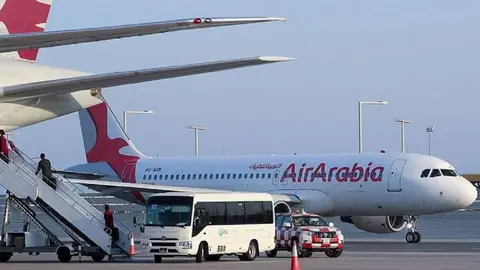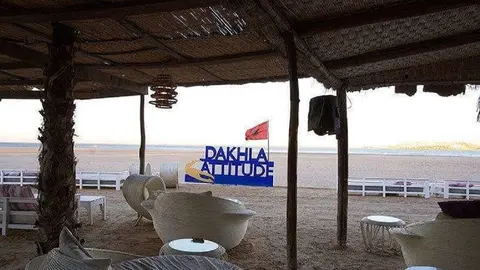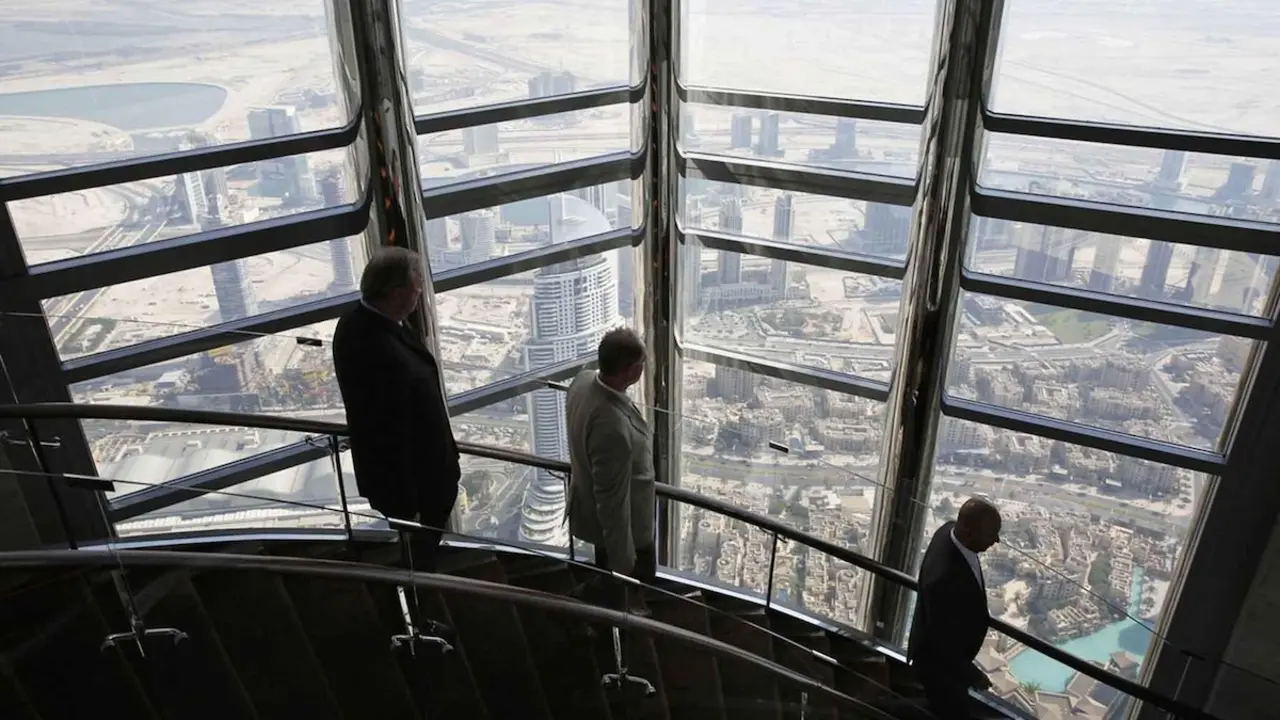Morocco maintains energy progress in Dakhla despite Polisario Front impediments

To the consternation of the Polisario Front and its supporters, work on the construction of a sea water desalination plant and a wind farm in Dakhla is progressing rapidly. Recall that in June 2022, the head of government, Aziz Akhannouch, oversaw the signing of public-private partnership agreements and the construction of a seawater desalination plant and a wind farm in Dakhla. The origin of the agreements dates back to November 2015 when, under the directives of King Mohamed VI, the energy development of the region began.
To irrigate 5,000 hectares of agricultural land, the desalination plant will be able to produce between 90,000 and 100,000 cubic metres of water per day. According to a communiqué from the executive presidency, the plant will receive its energy from a wind farm with an ideal capacity of 40 megawatts (MW). The project was commissioned by the French company Engie and the Moroccan company Nareva. The NGO Western Sahara Resource Watch (WSRW) had tried unsuccessfully to convince the French side to withdraw from the project at least three times.
That same year, King Mohamed VI presided over the presentation of the new development model for the southern provinces. The 47th anniversary of the Green March, which took place seven years after the signing of this plan, gave the Sovereign the opportunity to present the evolution of the implementation of the projects. The aim of this integrated development programme is to generate a real economic and social dynamic in the area. "Its vocation is to stimulate job creation in these territories, to ensure an investment-friendly environment and to provide them with the infrastructures and tools they need," he emphasised.
Mohammed VI noted with satisfaction that 80% of the projects agreed to before him seven years ago were being implemented. The Moroccan monarch expressed his happiness at the successful results. The Alaoui King also urged "the private sector to maintain its commitment to raise the level of productive investment in these provinces and to place special emphasis on projects with a social vocation".

King Mohammed VI chose to address the parties that continue to dispute Morocco's sovereignty over Western Sahara with development and economic arguments, leaving aside the political angle, in his speech on the occasion of the commemoration of the 47th anniversary of the Green March. The Kingdom of Morocco hopes to export additional energy to its neighbours while reducing the country's dependence on fossil fuels.
Currently, more than 97% of Rabat's energy comes from outside the country, making it the largest importer of fossil fuels in the area for many years. In recent years, Morocco's ambitious plan to increase solar, wind and green hydrogen production capacity has made the country's renewable energy sector one of the three most promising markets for attracting investment. The ultimate goal is to increase the share of these green energies in the country's electricity production to more than 52% by 2030.










